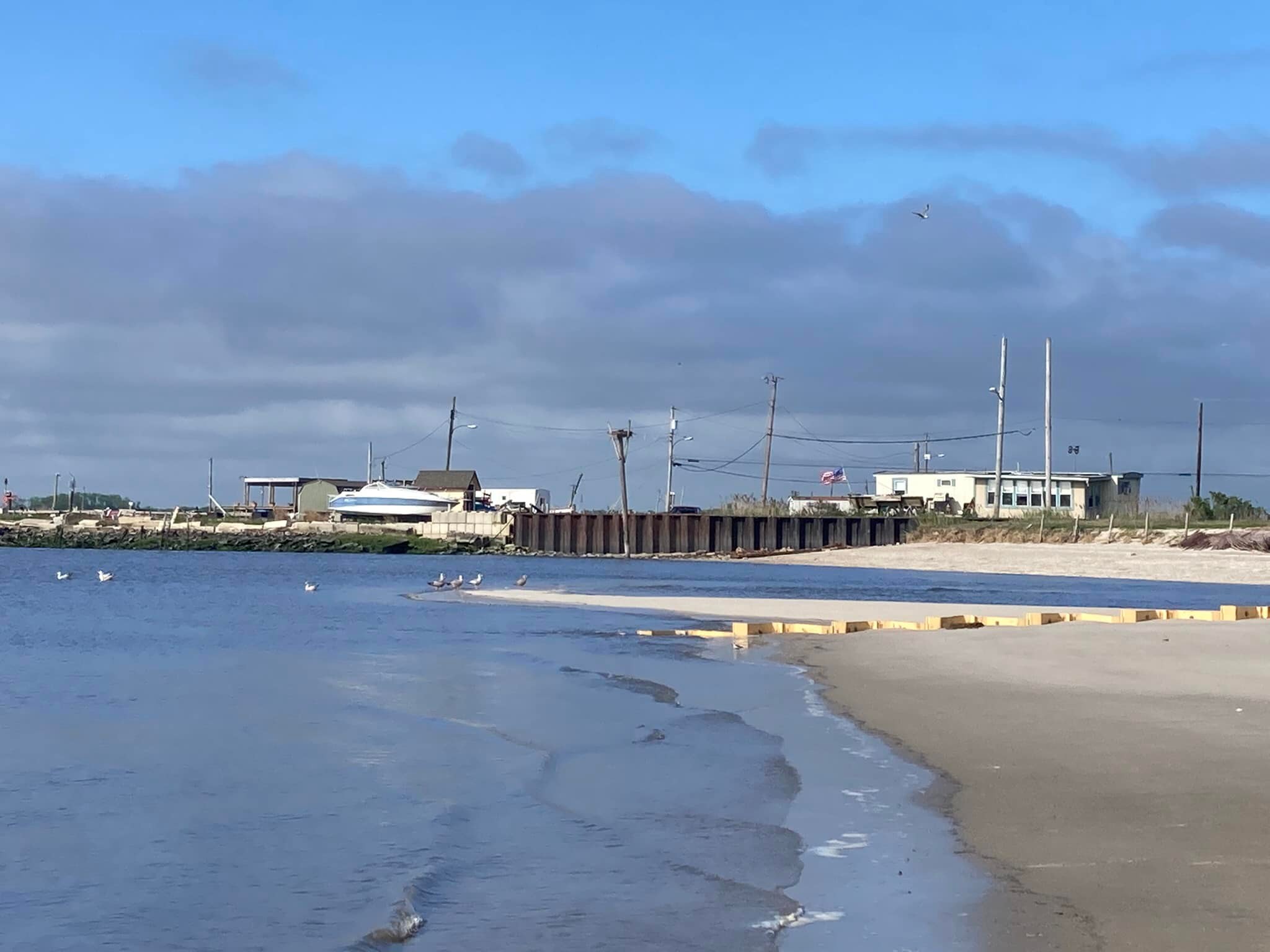A recent story on ABC News brings attention to several of the issues surrounding our choice to invest in water-based resources and operations.
The article focuses on the obvious noticeable impact of salt water intrusion. The effects of salt water inundation are visibly noticeable every day here at Money Island. Visitors will notice that some of the farm fields previously tilled are no longer used this year. We understand that some of the effect that we do not see is even more significant. But those who work with me at Money Island know that I often say “more water is not necessarily a bad thing when you work in the field of aquaculture and marine trades”.
But there are other sides of the water sustainability story that are also significant to us at Money Island:
Fresh water: One is that the reserve of fresh water in our Cohansey aquifer is among the largest most healthy water supplies in the world. This information coming from several sources contradicts my earlier belief that increased demand of fresh water from development in Delaware and areas north of us were draining and lowering our water supply. Some older residents may recall the advice that we had to replace our 100-125′ wells with deeper wells to access clean salt-free water. I consider our new double-walled 400′ wells with associated pump equipment to be valuable assets at Money Island. Shallow wells of 30′ to 100′ are still OK for agriculture or non-drinking water.
Cedar posts: The second thing is that we resolved to return to using an older and more sustainable method of mooring land based equipment and boats at Money Island using local sustainable cedar posts and a manual process called ‘jumping in’. This requires no heavy equipment
, no fossil fuels, and causes no environmental damage. So the loss of 4/5 of our total local cedar forests is obviously a concern, but we understand that the resource may be recoverable.
Salt water agriculture: Another thing is that I have made progress in experiments with salt water farming, or gardening considering the small scale. At least two edible and potentially salable plant crops are doing well here. About a year ago I got a license from NJ to process and sell these crops but don’t see any economic reason to push it.
This is just the beginning. We expect much more in the journey toward sustainability and managing our water supply.
https://abcnews.go.com/US/ghost-forests-threaten-new-jerseys-water-ecosystem/story?id=105206453

